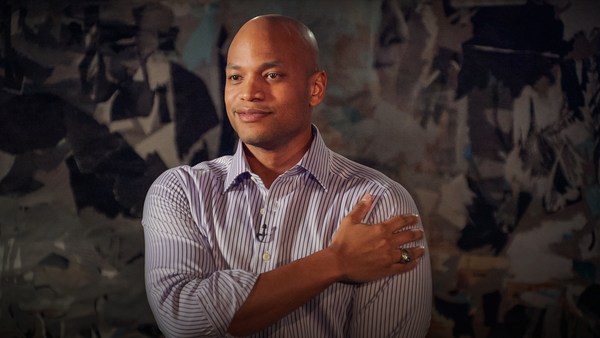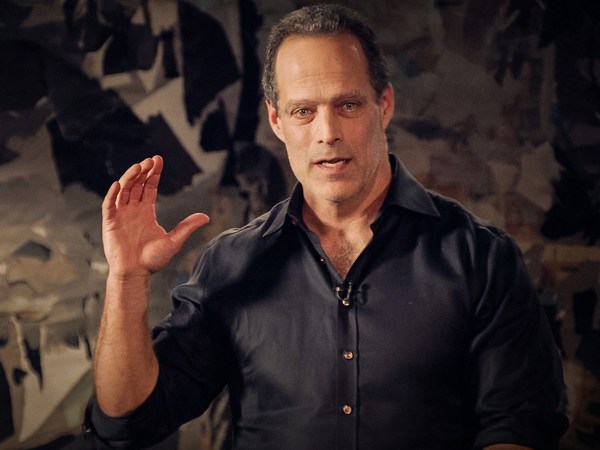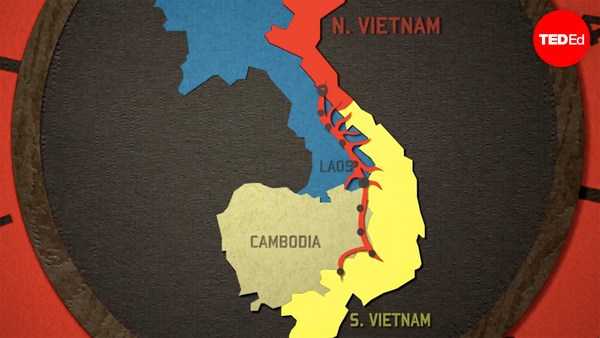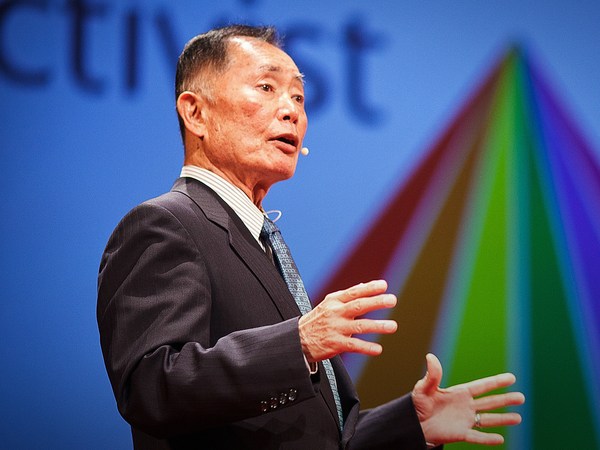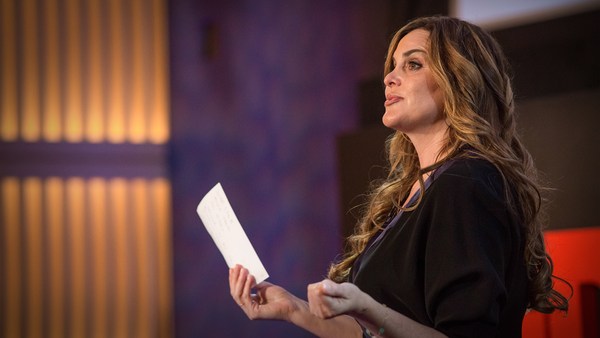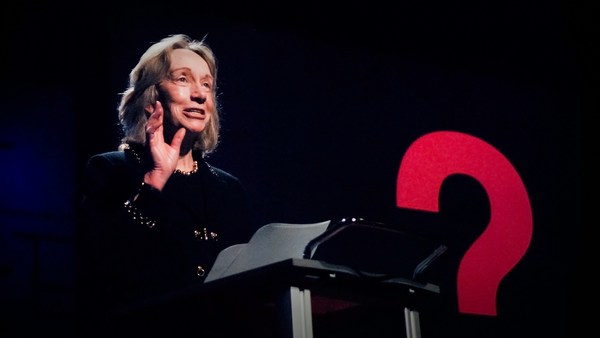We swim on the windward side of Oahu, off the shore from Bellows, a military beach where the sand sifts like flour through your fingers. I am treading water that is well over my 10-year-old head, summer waves swell beneath me, rolling through my body like spells of nausea. My father swims nearby or stands, really, because he can touch where I cannot. The dried salt on my cheeks mixes with rivulets of sweat. I’m tired. My father, a naval lawyer who determines the rules of the sea, swims close. He begins to tickle my sides under my arms. "Giggle and drown," he chants. "Giggle and drown." This is a game we play when the surf is low and body surfing impossible. Or this is a game he plays because while I am laughing, I am also coughing and sputtering and gasping for breath. My arms thrash frantic, my legs searching for purchase and finding no bottom. "Giggle and drown," he continues, hazel eyes bright in the sun, smile broad. Or maybe this is not so much a game as a lesson. This is what my father tells me. He’s teaching me to be strong, to assess what matters - staying afloat - and to, in fact, live. "You have to learn to focus, Jennifer," he says. "Tune everything else out." I know how to be strong. I’m the eldest daughter of a career naval officer. I have slept on submarines and slid down the narrow hallways while the sub practices angles and dangles for the dependents on board. I have felt water slugs reverberate through my chest when launched from steel-cased torpedo tubes. Every day after school, my mother drives me home, and we pass through a guard gate where a soldier greets us with a salute and a machine gun, and the family caravan rolls over a speed bump filled with enough explosives to deter any terrorist attack. Every day at work, my father prepares for the possibility of war - briefs, treaties, agreements aimed at controlling a body of water that covers two-thirds of the earth. DEFCON 1, DEFCON 2, threat level red, orange - I know them all, and I know my duty as a daughter of the military: to be brave, to be strong, to be as sleek and efficient as the submarines that populate my days. And when my father swims close to me and begins to tickle my side, watching me clutch and gasp, I do what I must, and I take the measures necessary to save myself. I swim. I do not let the waters take me down, and I wait for my father to tell me that I have done well. This is what I notice nearly 40 years later, what is remarkable to me about the story of giggle and drown: That at the time, as a military child living on and near military bases, none of this was extraordinary. It was all intensely familiar, well-worn and intimate. War and the possibility of war was made ordinary by all those around me. With my morning Cheerios, I ingested the missiles and the weapons and the soldiers humping guns along the side of the road. While other children built tree forts, I learned to identify the fast attack class of subs. While other children kept diaries, I had a page in mine with my friends listed and a blank space next to that so that I could write down their address, and when they moved, write them letters. All who entered my life arrived as an absence, and when my father told me to stop laughing and swim for the shore, I did because he was strong. He knew how to legislate the sea itself. If asked, most of us could define post-traumatic stress disorder and the kinds of traumatic experiences that cause it. We know how the self is shattered, how the trauma haunts, how hard it is to heal. What is less known, perhaps, is the fact that psychologist relied on the experience of Vietnam soldiers to first diagnose the disorder. So it was soldiers and the battle-scarred that gave us our defining examples of what constitutes trauma. Only later did our understanding of trauma move from the battlefield to the bedroom, the kitchen - those domestic spaces where victims faced less literal shellings. I know firsthand, as a former military dependent, that soldiers are not the only ones who suffer when living within a culture built on the possibility of war. Though they never see battle, never hold a gun, military children face a trauma that is all their own. It is something I’ve learned to call ordinary trauma. Ordinary trauma - when a series of events pass unnoticed, are made to appear ordinary but wound nonetheless. These moments, they’re unnoticed and so easily denied. "How is driving over a speed bump filled with explosives traumatic?" a friend in a writing group asked me long ago. "I moved around a lot as well. It wasn’t traumatic." But that’s the thing about ordinary trauma. It’s invisible. Nobody remarks on it because nobody sees it. After Sunday school, on sub base at Pearl Harbor, children play on the backs of deactivated torpedoes painted to look like a barracuda. They do not swing on swings, and it means something to ride a missile like a pony. It’s telling that child something about the way the world works: safety, how peace is secured. The child does not see this. The parents do not see this. The military is not intentionally causing harm, and yet that child grows up denying her body food in order to maintain the order and control instilled by the playing of taps and the flash and shine of her father’s shoes. Giggle and drown would return to me a second time when I graduated from the University of Nebraska as a valedictorian. Several people had perfect GPA’s, but I was the one chosen to give the address at the honors convocation. Having fought a late spring blizzard and bearing a ginger lei, my father sat in the audience, as he does tonight. For my speech, I told the story of giggle and drown. I told the heroic version, the one where I stop laughing and save myself by swimming to shore, the same way I had travelled 2000 miles from home on my own and found my way at The University of Nebraska. I left out the part about how I had learned to regulate my body, how living in a landlocked state away from my family and the structure of military life, I had taken control not of the sea, but of my eating, and I watched myself dissolve. I remember tiny scraps of paper, like letters home, listing the few calories I’d eaten that day and then stuffed into a desk drawer. I remember days of eating only lettuce, carrots and apple. I would run for miles and miles and miles, and then I would come home and jump rope for hours in the basement, all while maintaining perfect grades and making the homecoming court. I revealed none of this in my speech. Instead, I followed the line I’d been taught to follow, the one about fierce strength and winning it all. I knew that line well, as well as my shrinking belly with the numbers on the scale, intimately, which is why four years later, when my husband left me for another woman, and my young marriage ended in divorce, I was shattered. For the first time, failure consumed me, public failure. I could not hide in my dorm room or on tiny scraps of paper or miles of running. I could not change the fact that my husband simply no longer loved me. I had no choice but to hold that loss, which, ironically, was also a truth. The same truth I’ve been trying to starve for years, the understanding that sometimes no amount of preparation will prevent the bombs from falling. I did not know it then, but that first night alone in my queen-sized bed - husband gone, parents gone, ocean once again wrapping the island like a shawl - I began to write what would become my memoir, "Ordinary Trauma." At the time I had no intentions of writing a book. I was just trying to make it to the morning. And it would take me 20 years to write that book, 20 years to find a line I wanted to follow, the one I wanted to live my life by, the understanding that, the acceptance that ... the only constant in life is change, and that is why control will always fail. Giggle and drown returned to me a third time when I was revising my memoir. Not the heroic version, not the terrifying version, but just as an ordinary moment, the same kind of ordinary moments that fill our days but that we so rarely notice. And when I swam back to that girl body, swam back to that place in the shore where the earth slips away, I felt fear, sure, but I also felt an intense presence of being present, and the details around me rang clear like a bell. Head thrown back, face offered to the sun, light pouring down fiery and certain, my father‘s face close to mine, he and I touching, held in waters as warm as the womb, carried by wave, buoyed by wind, always in motion, unmoored but forever held, fully alive, and loved. (Applause)
